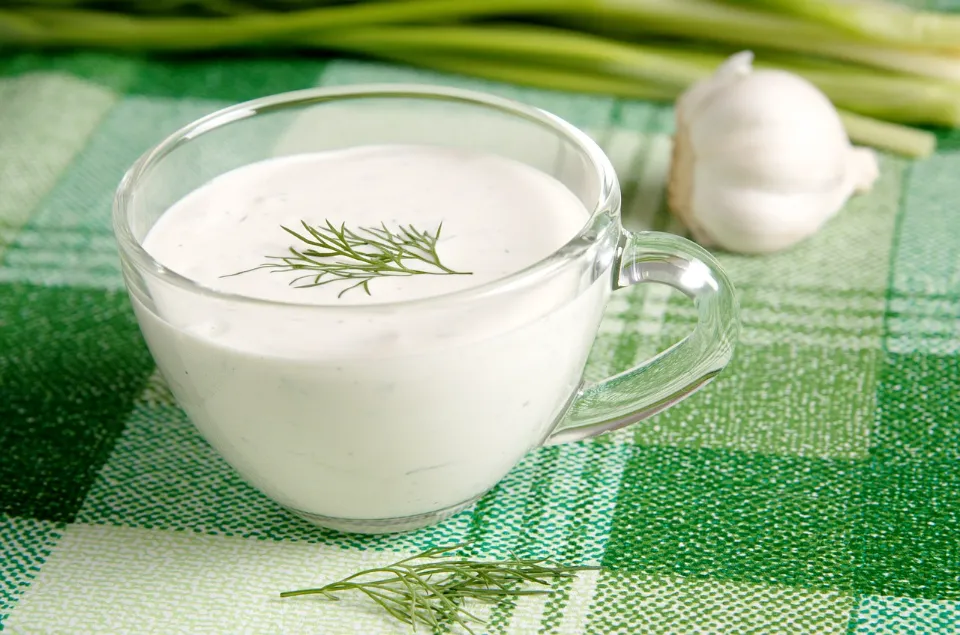Using Gloves Can Help You Keep for Food Safety and other food-related businesses must constantly monitor food safety in order to protect the general public. Because a worker can contaminate food by simply handling ready-to-eat foods (also known as TCS) with bare hands.
Advantages Of Wearing Gloves
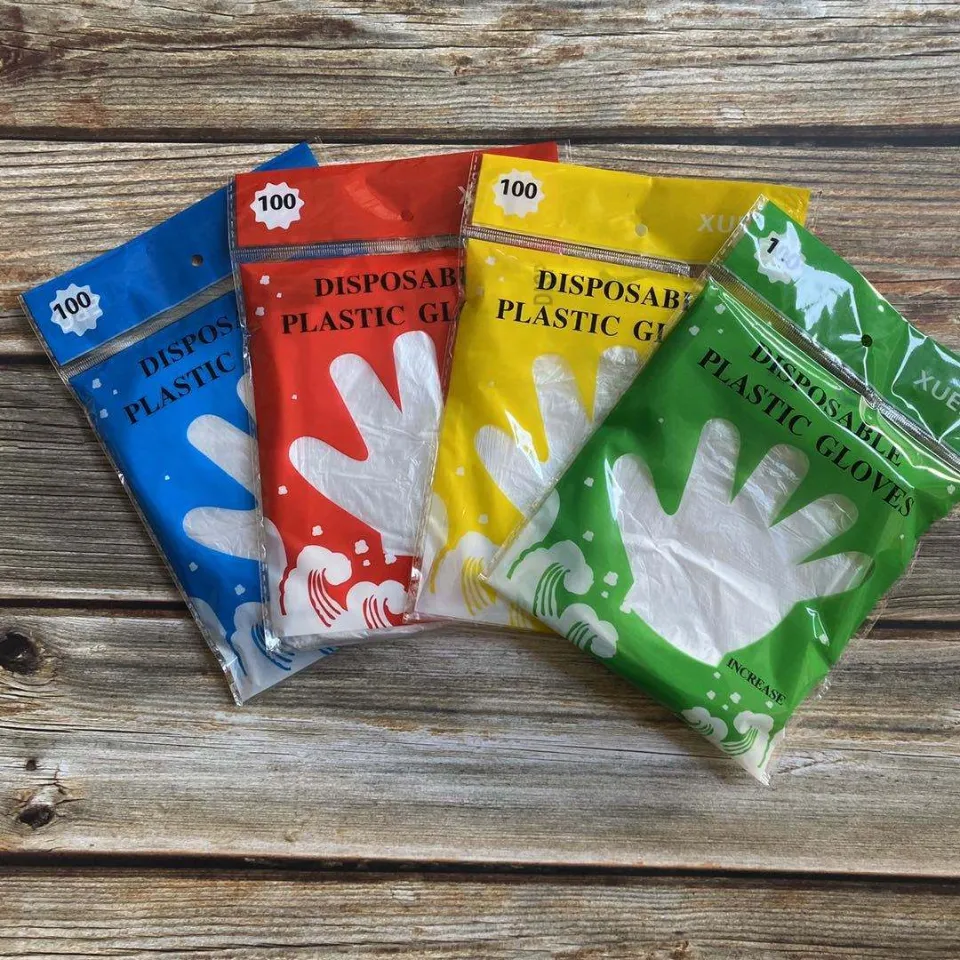
- Acts as a barrier and an extra layer over hands that are contaminated with pathogenic organisms
- Can be useful if someone returns to work and is recovering from a virus
- Customer reassurance and satisfaction
- Protects sensitive hands
- Improves hand grip
Disadvantages Of Wearing Gloves
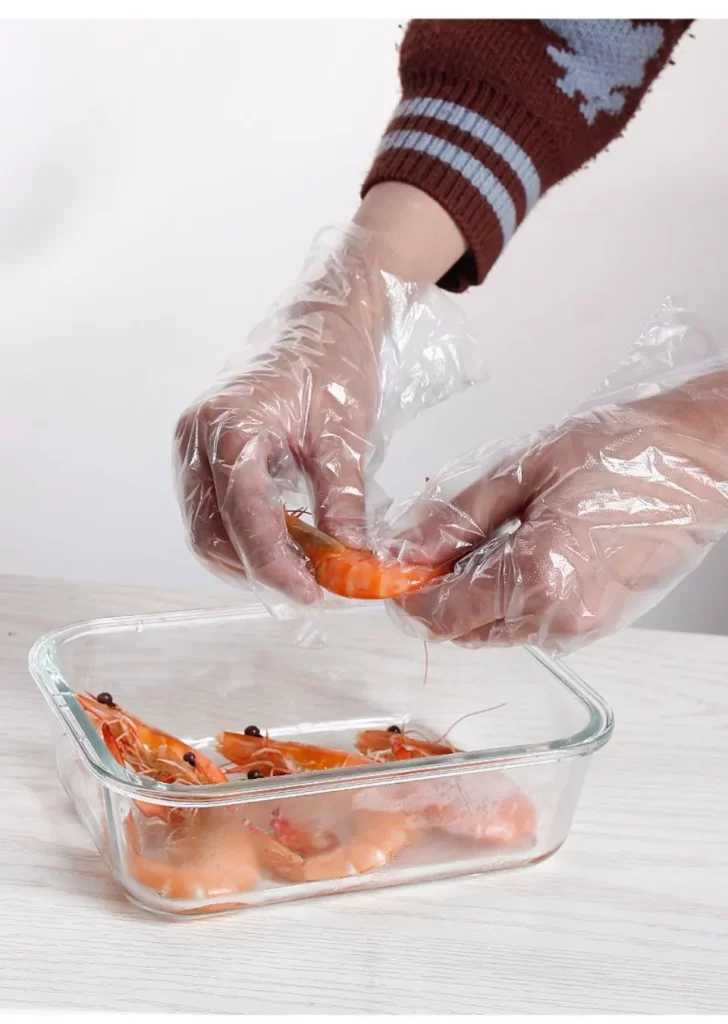
- The wrong-sized glove could tear or puncture leading to food contamination due to exposure to skin
- Can be contaminated themselves and can cause cross-contamination if the glove had touched any other surfaces
- Can create the illusion of false security in the mind of the wearer
- May not be changed frequently enough
- Increases business costs
- May be incorrectly or inappropriately used
Do You Have To Put On Gloves When Serving Food?
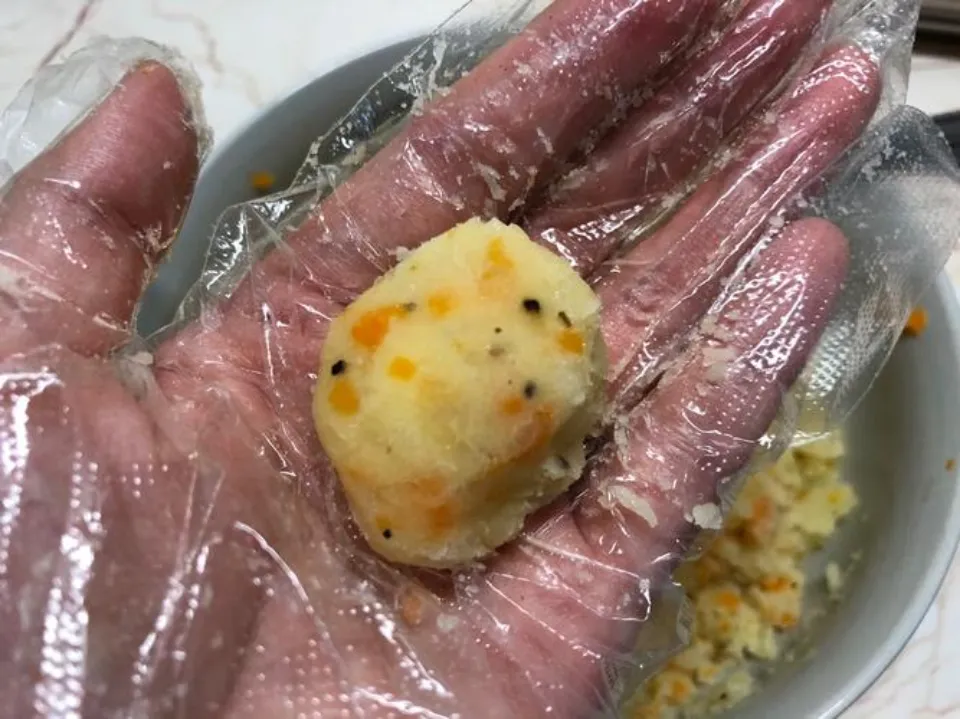
When delivering food to customers, servers are not required to wear gloves. The risk of cross-contamination from these food employees is extremely low because they do not have direct contact with the food. What servers need is to ensure that their hands are always clean when holding the plates and cutleries. Additionally, when taking orders, food servers use other tools like pens and paper. Gloves are only unnecessary and may even increase the risk of cross-contamination.
Why Should You Wear Gloves When Handling Food?
By limiting direct hand contact with food, gloves can help keep food safe. It serves as an additional layer of food defense and a deterrent against food contamination. Despite this goal, it can only be achieved if the food handlers follow the right procedures when putting on and taking off gloves. Most gloves used in the food service industry are made of polyethylene, latex, or vinyl. The FDA issued a directive outlining the required components for rubber tools used in the food service industry. The requirement states that rubber products made from generally acknowledged safe materials must be intended for repeated use in handling food.

In the food industry, food workers’ hands are among the top carriers of food contaminants. Millions of Americans are spreading pathogens around them because they do not know how to properly wash their hands, according to a recent study published by the US Department of Agriculture (USDA). Not only do well-known pathogens like Staphylococcus aureus live commensally on human skin, but food handlers can also easily carry and spread pathogens throughout a food area.
Only when done correctly can the wearing of gloves help reduce the risk of food contamination. Always keep in mind things like glove disposal, preoperational procedures, and change frequency.

When Handling Food, Are Gloves Required?
Food service workers are not required to always wear gloves when handling food by law or regulation. Despite this, the FDA advises against handling food with bare hands because there is a higher risk of food contamination. Additionally, some states in the US have laws that require ready-to-eat foods to be prepared without bare-hand contact. The best way to fulfill this law is to wear gloves and practice preoperational hygiene practices as basic food safety principles before wearing gloves.
When Must Food Service Personnel Change Their Gloves?
Individual sets of disposable gloves are typically only suitable for a single task. When performing a different task, restaurant employees must don a different pair of gloves. No matter how big or small the task, food handlers must switch their gloves before continuing.
A new pair of gloves must be worn by the food handler if there is any obvious damage to their current pair. To avoid discomfort or limitations on mobility, gloves used by food handlers must be perfectly sized to the user.
Use Common Sense To Keep Food Safe
Have you ever been to a restaurant and seen staff rushing to serve without cleaning up or donning gloves? What about those cleaning crew members who abruptly stop their work to take your order to go? Employees may not have received the proper training on how to use common sense, which is a failure.
In order for your coworkers (employees) to follow or emulate you, you as the food service manager must set an example. You should already be aware of how important it is to frequently wash your hands. For the fastest possible cross-contamination prevention, it would be best to have a designated handwashing sink away from food. It’s important to note that the goal is not to make a person (an employee or a customer) ill; that person could be a young child or an elderly person.
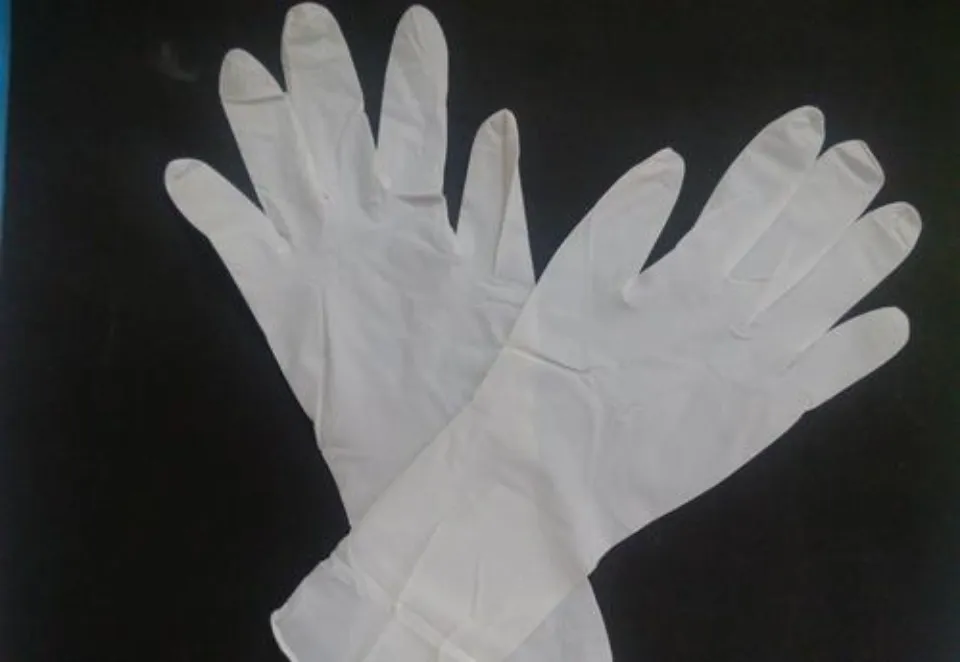
What can you do since someone who gets sick could also have a weak immune system? You must wear gloves; if you are an employee without any, ask your manager or supervisor for some. Why recall the client who desired to purchase the cookies? Without gloves on or a pair of tongs, putting something inside the bag without touching it won’t be simple. You can sometimes comprehend things better by using common sense. It is crucial because serving food to customers who want to meet their nutritional needs is a service.
How Often Should Someone Handle Food Change Their Gloves?
Gloves need to be changed frequently because they are easily contaminated. They can only be used once, and if they get damaged or if the worker is interrupted while doing their job, they have to be thrown away. The gloves need to be changed every four hours if a worker is doing the same task because that is how long pathogens need to multiply before they become a danger. The gloves need to be replaced whenever they get dirty. This applies to situations where a worker merely touches exposed skin or works on a task like taking out the trash. Remember that before putting on a fresh set of gloves, they must wash their hands.
When used properly, gloves are a great tool for preventing foodborne illness in customers. Just like bare hands, gloves are susceptible to contamination. It’s important for workers to wash their hands first before putting on new gloves and to change them frequently. The use of gloves properly is a crucial part of safeguarding your customers from getting sick from the food you serve.


